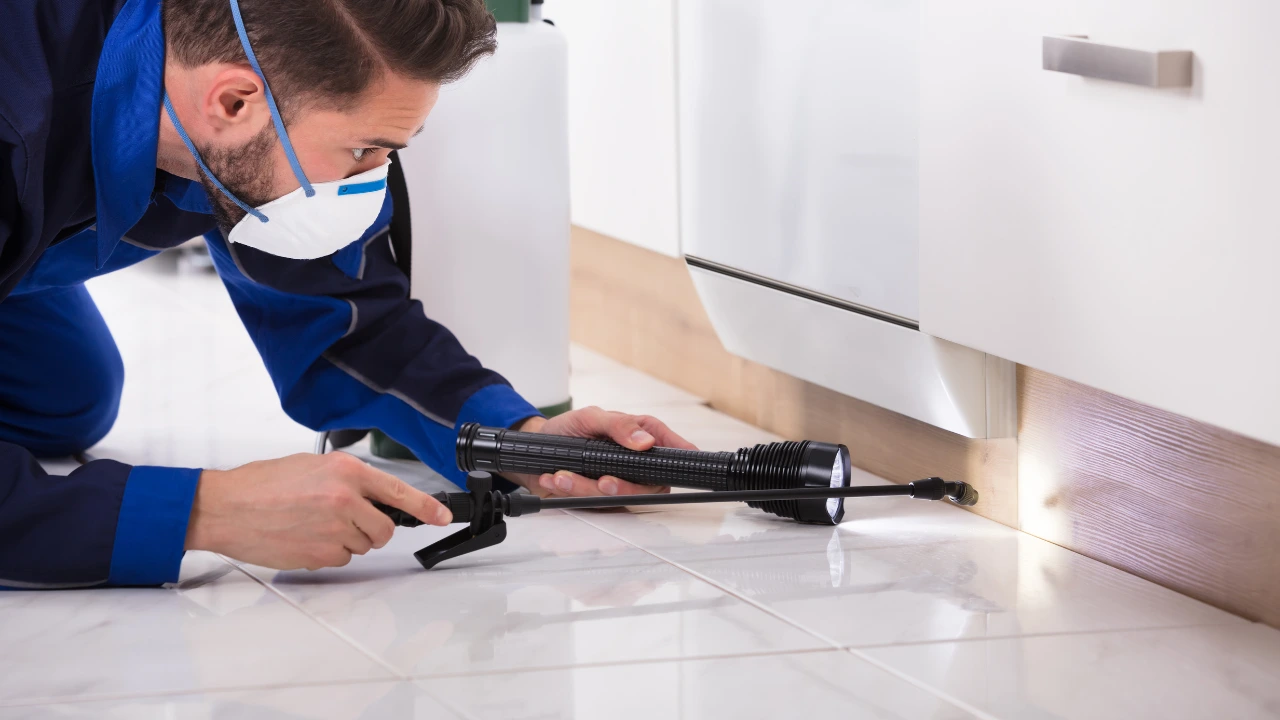
Why March Is the Perfect Time for a Pre-Summer Pest Inspection
Last updated on September 4th, 2025 at 10:48 am
As the weather warms up, pest activity increases, with pests searching for food, water, and shelter. Summer is peak season for pests like mosquitoes, ants, cockroaches, termites, and rodents. These unwanted invaders can pose health risks, damage property, and become a major nuisance if not addressed early.
One of the best ways to prevent pest problems before they escalate is through a pre-summer pest inspection. But what exactly is a pest inspection, and why is March the best time for it? Let’s dive in.
The Advantage of a Pre-Summer Pest Inspection in March
What Is a Pest Inspection?
A pest inspection is a thorough examination of your home or business to check for signs of infestations or conditions that may attract pests. Pest inspections are essential proactive measures, especially before summer, to prevent and address infestations.
Pest control professionals inspect areas for:
- Entry points – Cracks, crevices, or gaps where pests might enter.
- Nests and droppings – Signs of rodents, cockroaches, or other pests.
- Moisture issues – Standing water that could attract mosquitoes or termites.
- Food sources – Unsealed food or trash that might draw ants and cockroaches.
Benefits of a Pest Inspection
- Early detection: Identifies pest problems before they worsen.
- Prevention: Helps implement control measures before summer pests become active.
- Cost savings: Prevents expensive repairs due to termite or rodent damage.
- Health protection: Reduces the risk of pest-related diseases like dengue or leptospirosis.
- Pest-free home: Ensures your home remains pest-free throughout the summer.
-
Peace of mind: Enjoy a comfortable, worry-free environment.
Why March Is the Best Time to Protect Your Home from Summer Pests
1. Summer Pest Activity Is Just Emerging
Many pests remain less active during the cooler months but start re-emerging in March. Termites begin swarming, mosquitoes start breeding, and rodents search for new nesting areas, leading to increased pest populations. Catching these pests early can prevent a full-blown infestation when summer arrives.
2. Implement Pest Control Measures Before They Peak
By the time summer arrives, pests like cockroaches, ants, and flies are at their highest activity levels. Taking preventive action in March means you can avoid large-scale infestations later in the year.
3. Favorable Weather for Inspections
March provides ideal conditions for a thorough pest inspection. Unlike the extreme heat of summer, when pests may retreat into hidden areas, spring’s moderate temperatures make it easier for a professional pest control company to spot and treat pests effectively.
4. Termites Start Swarming in March
Termites are a homeowner’s worst nightmare, causing thousands of pesos in structural damage. Since they start swarming in March and continue through June, a pest inspection can catch early signs of termite activity before they establish colonies in your home.
5. Mosquito Prevention Starts Early
Mosquitoes thrive in warm, humid conditions and lay eggs in standing water. A March inspection helps identify and eliminate potential breeding sites, reducing the risk of mosquito-borne diseases like dengue and Zika virus. Additionally, introducing natural predators like dragonflies can help control mosquito populations.
6. Rodents Seek New Nesting Sites
After winter, rodents such as rats and mice look for food and shelter in homes and buildings. A March inspection can identify their entry points and help prevent infestations before they multiply.
7. More Cost-Effective Than Emergency Treatments
Preventive pest control is far cheaper than emergency extermination. Addressing pest problems early helps you avoid costly treatments, medical expenses, and property damage repairs.
8. Enjoy a Pest-Free Summer
Summer should be about vacations, outdoor barbecues, and family time—not dealing with pest problems. A pre-summer pest inspection ensures your home stays protected, so you can enjoy the season without unwanted intruders.
Common Summer Pests to Watch Out For
1. Ants
Ants are one of the most common summer pests, and they can be a real nuisance. These tiny creatures are attracted to sweet or sticky substances and enter homes through even the smallest cracks and crevices.
How to prevent ants:
- Seal all entry points around windows, doors, and foundation cracks.
- Keep kitchen surfaces clean and free of crumbs and spills.
- Store food in airtight containers.
2. Cockroaches
Cockroaches are another common summer pest that can carry diseases and trigger allergies. These unwanted guests thrive in warm, humid environments and can be found in kitchens, bathrooms, and other areas with food and water.
How to prevent cockroaches:
- Keep your home clean and clutter-free.
- Store food properly and eliminate standing water.
-
Use natural pest control solutions like essential oils or diatomaceous earth.
3. Mosquitoes
Mosquitoes are a major problem during summer, spreading diseases like dengue, Zika virus, and malaria. They breed in standing water and are most active during dawn and dusk.
How to prevent mosquitoes:
- Remove stagnant water from flower pots, birdbaths, and gutters.
- Use mosquito nets and insect screens on windows and doors.
- Apply mosquito repellents and use citronella candles outdoors.
4. Termites
Termites are especially active in warm weather, causing costly structural damage to homes. They silently chew through wood, making early detection crucial.
How to prevent termites:
- Fix leaks and reduce moisture around your home.
- Store firewood away from your house.
- Schedule regular termite inspections with a professional.
5. Flies
Flies are more than just an annoyance—they can spread bacteria and contaminate food. Houseflies and fruit flies are especially common during summer.
How to prevent flies:
- Keep trash cans sealed and empty them regularly.
- Cover food and clean up spills immediately.
- Use fly traps or natural repellents like basil and cloves.
6. Rodents (Rats and Mice)
Rodents become more active in the summer, searching for food and shelter. They can chew through wires, damage property, and spread diseases like leptospirosis.
How to prevent rodents:
- Seal holes and cracks where rodents can enter.
- Store food in tightly sealed containers.
- Keep outdoor areas clean and free of debris.
Preparing for a Pest Inspection
Before your pest inspection, follow these steps to ensure a thorough evaluation:
- Clear access to key areas: Move furniture, appliances, and clutter away from walls.
- Eliminate standing water: Check for leaks or puddles that could attract mosquitoes and termites.
- Store food properly: Keep food in sealed containers and clean up crumbs or spills.
- Identify problem areas: Note any signs of pest activity, such as droppings, nests, or damaged materials.
Schedule Your March Pest Inspection with Professional Pest Control Services Today!
Don’t wait until summer pests invade your home. Schedule professional pest control services this March to catch problems early and enjoy a pest-free season. Prevention is always better than cure.
